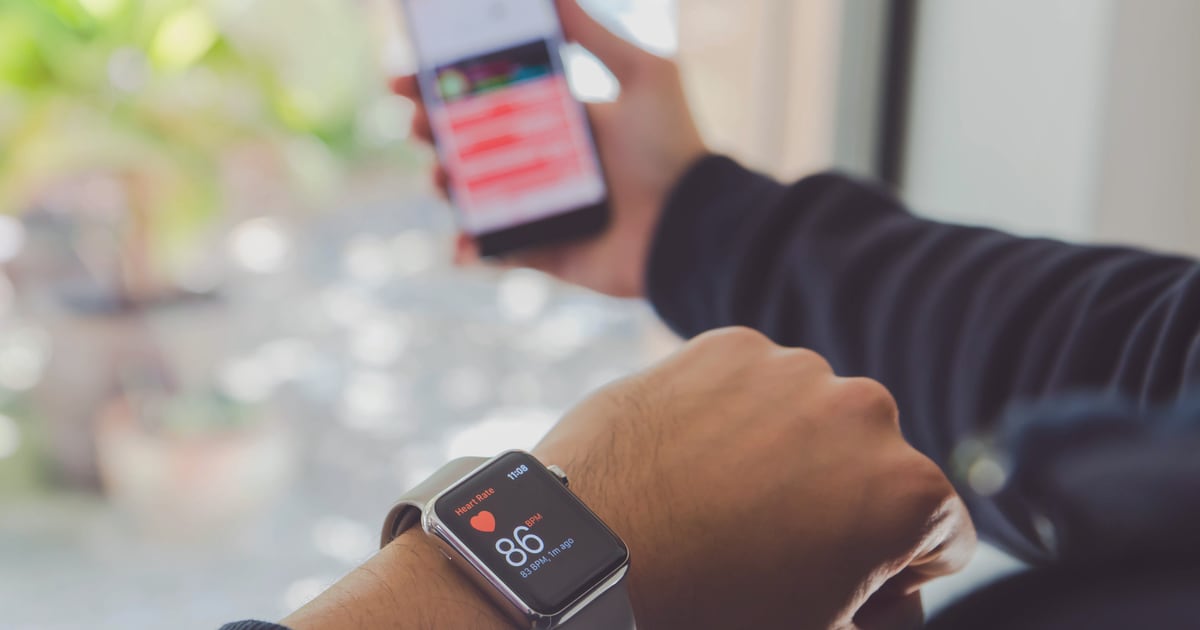Wearable fitness tracker adoption among underrepresented groups depends on cost and awareness. New research highlights this underlying truth about the adoption of wearables such as the Apple Watch.
Survey on Interest in Wearable Fitness Trackers
The National Institutes of Health surveyed 1007 adult patients at six Federally Qualified Health Centers. The researchers collected patients’ demographic information, interest in having a wearable fitness tracker, and other factors associated with their interests. Participants of the survey belonged to various races and ethnicity, educational background, age and sex, and gender. They were asked a variety of questions on exposure to, ownership of, interest in, and familiarity with fitness trackers.
The Results of the Survey Are Surprising (Kind of)
Surprisingly (or not), the results of the survey showed that 58% of the respondents said they would like to own a fitness tracker. When asked what stopped them from buying such a device, the results enumerated several “hindering factors.” These include cost, general awareness of fitness trackers and their health benefits, language, and availability of support.
Simply put, the respondents showed interest in owning a wearable fitness tracker. They would also like to learn how to use it to improve their health. But as mentioned, the cost and overall understanding of wearable fitness trackers prevent many individuals from realizing their health benefits.
Underscoring the Health Benefits of Fitness Tracker
The research also highlighted the usefulness of wearable fitness trackers. It emphasized the many life-saving features. These included the Apple Watch’s fall detection, heart rate, and oxygen level monitoring features.
Likewise, the report noted how beneficial fitness trackers have been to the medical industry. Fitness trackers such as the Apple Watch provide health researchers with valuable data. Unfortunately, the fact that underrepresented groups don’t own wearable fitness trackers prevents the data from being as useful as it could be in medical research.
Non-Inclusion in Research Using Fitness Trackers Could Increase Health Disparities
In conclusion, the researchers noted the risk of increasing health disparities through non-inclusion in research and clinical care using wearable fitness trackers. The study identified cost as one of the major factors that hinder the adoption of fitness trackers. Hence, the research suggested additional investment in devices and education materials from other clinical and research programs to abate these disparities.

Arnold:
In the 1990s, access to the internet was an optional benefit for those with the means living in serviceable locations. By the 2010s, it became a sociopolitical issue of equity in high income countries, as those without it were clearly falling behind across socioeconomic wellness metrics, and by following decade, internet/broadband access was deemed essential.
Currently, the Apple Watch and other dedicated fitness trackers have been insufficiently adopted for there to be notable peer-reviewed studies on wellness and life-longevity metrics for this to gain the notice of policy makers to begin making this an issue of societal equity, but like internet access, the time will come. Likely sooner than later.
Apple already make an SE version of the Apple Watch, and other manufacturers, like Fitbit, make trackers that provide basic features, notably heart rate and other activity metrics, for < US $100, however blood O2 and ECG require a device of at least $30 more. While I think it unlikely that Apple will make a simple tracker, they actually could permit third parties to make devices that will pair with the iPhone and record key health metrics – or simply make their own feature-dedicated sensors.
I think we are still a ways off from this being seen as an essential asset, but Apple would do well to plan ahead for that day with a viable solution that could reach across more socioeconomic strata.
W. Abdullah Brooks.
Very well said and I couldn’t agree more. I don’t see cheaper wearable fitness trackers for mass consumption shortly. Before smartphones became a household commodity, especially in under-developed countries, it took some time. Until that time for wearable fitness trackers, as the NIH research said, health disparities due to non-inclusion in research will continue to widen.